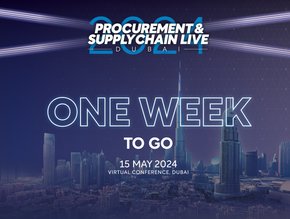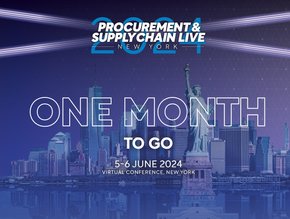SirionLabs on contract leakage management in supply chain

SirionLabs, an IT company based in Bellevue, Washington and founded in 2012, knows about the devastating impact contract value leakage can have, on businesses and across the supply chain.
It’s good business sense to enter into multiple contracts with other businesses - and in the supply chain it is a necessity. Contracts form the foundation for third-party relationships from customers to suppliers, which are essential for success and growth. Yet left without adequate management, contracts can quickly go from a huge win to a loss.
Contracts can leak value, causing chaos through the supply chain
There are three Contract Value Leakage categories:
- Poor contract quality: A missing clause or clause deviations could mean that a buyer is unable to claim full value from a contract.
- Contacting costs: The most concrete and most often discussed example is the latter, which occurs at the invoice level wherein companies are likely overbilled for services (or goods) by the supplier. This is especially endemic in scenarios where contracted terms (especially obligations, KPIs, rate cards, and other financial parameters) are manually reconciled against actual delivery data and invoices produced by the supplier.
- Inefficient contract management: Complex pricing, pricing changes as well as service level credits, rebates, earn back/claw back computations are performed on spreadsheets, which offer little to no protection against human errors. Besides being a time- and cost-intensive process, manual reconciliation is unlikely to successfully uncover 100% of invoicing errors, which in turn can lead to cases of overpayment. At the scale of multi-billion-dollar enterprise, it could translate into millions of dollars in losses. The industry recognises this as ‘hard value leakage’ to indicate measurable erosion of value.
Technology can prevent contract value leakage across the supply chain
Companies should use their invoice management skills to prevent contract value leakage at all levels, although deadends might wait ahead.
Computational elements such as rate cards and pricing models, contracts define obligations, deliverables, milestones, and other KPIs, are all essential to discovering what was agreed and what has been delivered - as well as additional risks.
To read more, check out SirionLabs or Supply Chain magazine.






